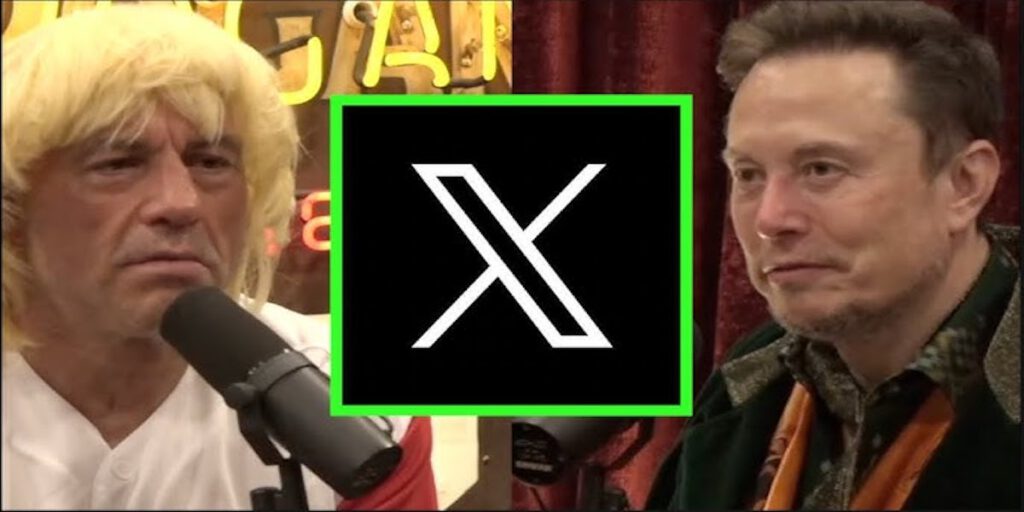Elon Musk recently sparked a debate about NFTs on an episode of the Joe Rogan Experience podcast. His critique, suggesting that NFT projects should “encode the JPEG in the blockchain,” has drawn significant attention to the concept of in-chain storage for digital assets.
Bitcoin Ordinals: The Case for On-Chain NFTs
Musks comments highlighted the case for Bitcoin Ordinals, a relatively protocol launched by developer Casey Rodarmor. These so-called Bitcoin NFTs inherently store JPEGs on the blockchain, aligning with Musk’s argument.
Bitcoin Ordinals, introduced in January following the Taproot soft fork in November 2021, have made substantial strides. With over 38 million Ordinals inscriptions now on Bitcoin’s blockchain, these imprints are there to stay indefinitely.

NFT Creators’ Response to Musk’s Critique
Critics have often questioned the off-chain storage of NFTs. Responding to Musk’s comment, NFT project creators argue that Bitcoin Ordinals represents the most elegant solution to this common criticism. This gives much-needed credence to on-chain storage solutions.
Contrary to Musk’s generalizations, not all NFT projects operate off-chain. Well-known examples like Larva Labs have taken the on-chain route, moving its CryptoPunks NFTs on-chain as early as August 2021.
In light of Bitcoin Ordinals’ launch and an increasing interest in secure networks, several Ethereum-native NFT project developers are announcing their plans to migrate to Bitcoin’s blockchain.
Ethereum Remains Dominant
Despite the rise of Bitcoin Ordinals and the increasing support for on-chain NFT projects, Ethereum takes the lion’s share in NFT trading volumes. As of June, an astounding 84% market share belonged to Ethereum, signifying its stronghold in the NFT market.
Elon Musk’s critique of NFTs has inadvertently sparked a crucial debate in the crypto world, shifting focus toward the importance of on-chain storage. While Ethereum continues to dominate the NFT landscape, the advent of Bitcoin Ordinals is signaling a shift in the trajectory.



